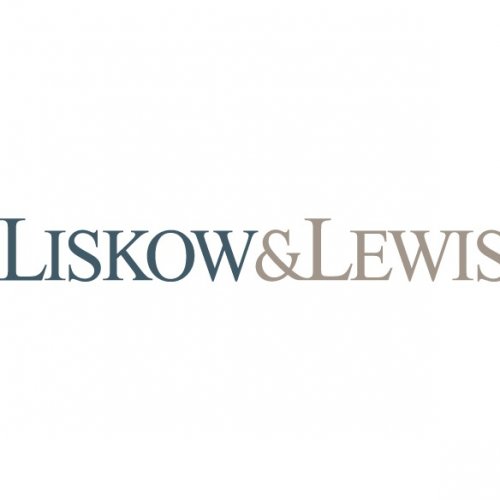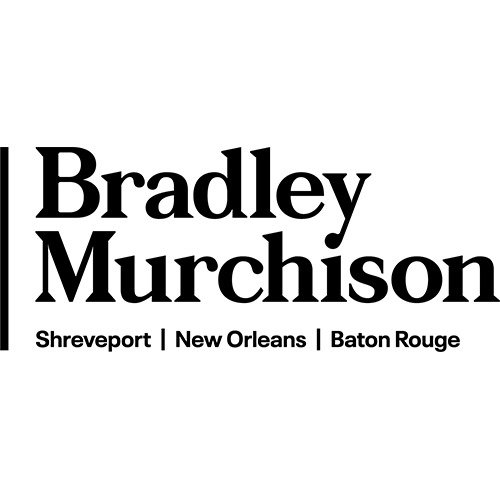Best Public-Private Partnerships (PPP) Lawyers in New Orleans
Share your needs with us, get contacted by law firms.
Free. Takes 2 min.
List of the best lawyers in New Orleans, United States
About Public-Private Partnerships (PPP) Law in New Orleans, United States
Public-Private Partnerships, commonly known as PPPs, are collaborative arrangements between public sector entities and private sector partners. In New Orleans, PPPs have become an essential tool for delivering infrastructure, transportation, housing, and public services. By combining public oversight and private sector expertise and funding, PPPs seek to achieve results that may not be possible through traditional government-only projects. These partnerships are governed by various laws and policies at the city, state, and federal levels, designed to encourage sustainable development while protecting the public interest.
Why You May Need a Lawyer
Engaging in a Public-Private Partnership in New Orleans can involve complex legal requirements and contractual obligations. People and organizations may need legal help for scenarios such as:
- Negotiating PPP contracts and agreements
- Understanding compliance requirements under local or state law
- Handling disputes or breaches of contract between public and private partners
- Structuring a consortium or joint venture for a PPP project
- Navigating zoning, permitting, or regulatory approvals
- Managing risk allocation and liability concerns
- Addressing public transparency and procurement rules
- Financing and tax planning for PPP projects
A qualified PPP lawyer can help guide public agencies or private companies through every phase of the partnership process, reducing risks and increasing the likelihood of project success.
Local Laws Overview
PPPs in New Orleans are subject to federal, state, and local regulations. Key aspects include:
- Louisiana Public-Private Partnership Law: The state of Louisiana authorizes various types of PPPs under statutes like the Louisiana Public Bid Law and specific enabling legislation for sectors such as transportation and infrastructure. These laws define procurement processes, project eligibility, and contract requirements.
- City of New Orleans Charter and Ordinances: Many PPP projects must align with city policies on procurement, transparency, and public benefit. The Office of Supplier Diversity and the City Council play significant roles in project oversight.
- Federal Law Compliance: Projects receiving federal funding or support must comply with regulations from agencies like the Federal Highway Administration or the Department of Housing and Urban Development.
- Transparency and Public Input Requirements: New Orleans often requires public hearings, project disclosure, and stakeholder input for large PPP undertakings.
- Zoning and Environmental Regulations: These laws ensure that PPP developments align with city planning objectives and environmental safeguards.
Frequently Asked Questions
What is a Public-Private Partnership (PPP)?
A PPP is a formal arrangement between a public agency and a private sector entity to deliver a project or service that serves the public. Partners share resources, risks, and rewards throughout the project lifecycle.
What types of projects use PPPs in New Orleans?
Common PPP projects include roads, bridges, public transit, schools, affordable housing, utilities, and cultural facilities.
How are PPPs structured in New Orleans?
PPPs can take various forms, such as build-operate-transfer, design-build, lease-develop-operate, and concession agreements. The structure depends on project goals and financing.
Who oversees PPP projects locally?
Oversight may involve city agencies, the City Council, the Office of Supplier Diversity, and sometimes state or federal regulators depending on project scope and funding sources.
Do PPP contracts need to follow public procurement rules?
Most PPP contracts must comply with public procurement processes to ensure transparency, competition, and fair value for taxpayers.
How are risks shared in a PPP?
Risk allocation depends on the partnership agreement. Generally, risks are distributed based on which party is best able to manage them, such as construction risk for the private partner and regulatory risk for the public partner.
Can individuals or small businesses participate in PPPs?
Yes, smaller entities can be subcontractors, suppliers, or joint venture partners, benefiting from set-aside or diversity programs in New Orleans.
What happens if a dispute arises during a PPP project?
Disputes are usually resolved under the contract’s dispute resolution mechanisms, which may include mediation, arbitration, or litigation in local courts.
Are there special financing options for PPPs in New Orleans?
PPP projects may use a combination of public funding, private investment, grants, tax credits, and bond financing, subject to regulatory approval.
Why should I consult a lawyer for a PPP in New Orleans?
A lawyer ensures compliance with all legal requirements, protects your interests, reduces risk, and can resolve complex issues that arise in PPP negotiations and operations.
Additional Resources
If you are seeking more information or support regarding PPPs in New Orleans, consider consulting the following entities:
- City of New Orleans - Office of Supplier Diversity
- Louisiana Department of Transportation and Development (LaDOTD)
- New Orleans City Council
- Louisiana Economic Development (LED)
- Local law firms with PPP practice groups
- Federal agencies such as the Department of Transportation and Department of Housing and Urban Development
- The National Council for Public-Private Partnerships (NCPPP)
Next Steps
If you are considering entering into a PPP or are already participating in one in New Orleans, the following steps can help:
- Gather all project documents, contracts, and correspondence
- Identify your goals, concerns, and questions
- Schedule a consultation with a lawyer experienced in PPPs
- Discuss compliance, risk allocation, and dispute resolution upfront
- Engage with relevant governmental departments early in the project planning phase
- Educate yourself about local and state regulations affecting your project
- Keep thorough records and maintain open communication with partners
Legal guidance is invaluable in navigating the intricacies of Public-Private Partnerships in New Orleans. Taking these steps will help you protect your interests and increase the likelihood of a successful partnership.
Lawzana helps you find the best lawyers and law firms in New Orleans through a curated and pre-screened list of qualified legal professionals. Our platform offers rankings and detailed profiles of attorneys and law firms, allowing you to compare based on practice areas, including Public-Private Partnerships (PPP), experience, and client feedback.
Each profile includes a description of the firm's areas of practice, client reviews, team members and partners, year of establishment, spoken languages, office locations, contact information, social media presence, and any published articles or resources. Most firms on our platform speak English and are experienced in both local and international legal matters.
Get a quote from top-rated law firms in New Orleans, United States — quickly, securely, and without unnecessary hassle.
Disclaimer:
The information provided on this page is for general informational purposes only and does not constitute legal advice. While we strive to ensure the accuracy and relevance of the content, legal information may change over time, and interpretations of the law can vary. You should always consult with a qualified legal professional for advice specific to your situation.
We disclaim all liability for actions taken or not taken based on the content of this page. If you believe any information is incorrect or outdated, please contact us, and we will review and update it where appropriate.













